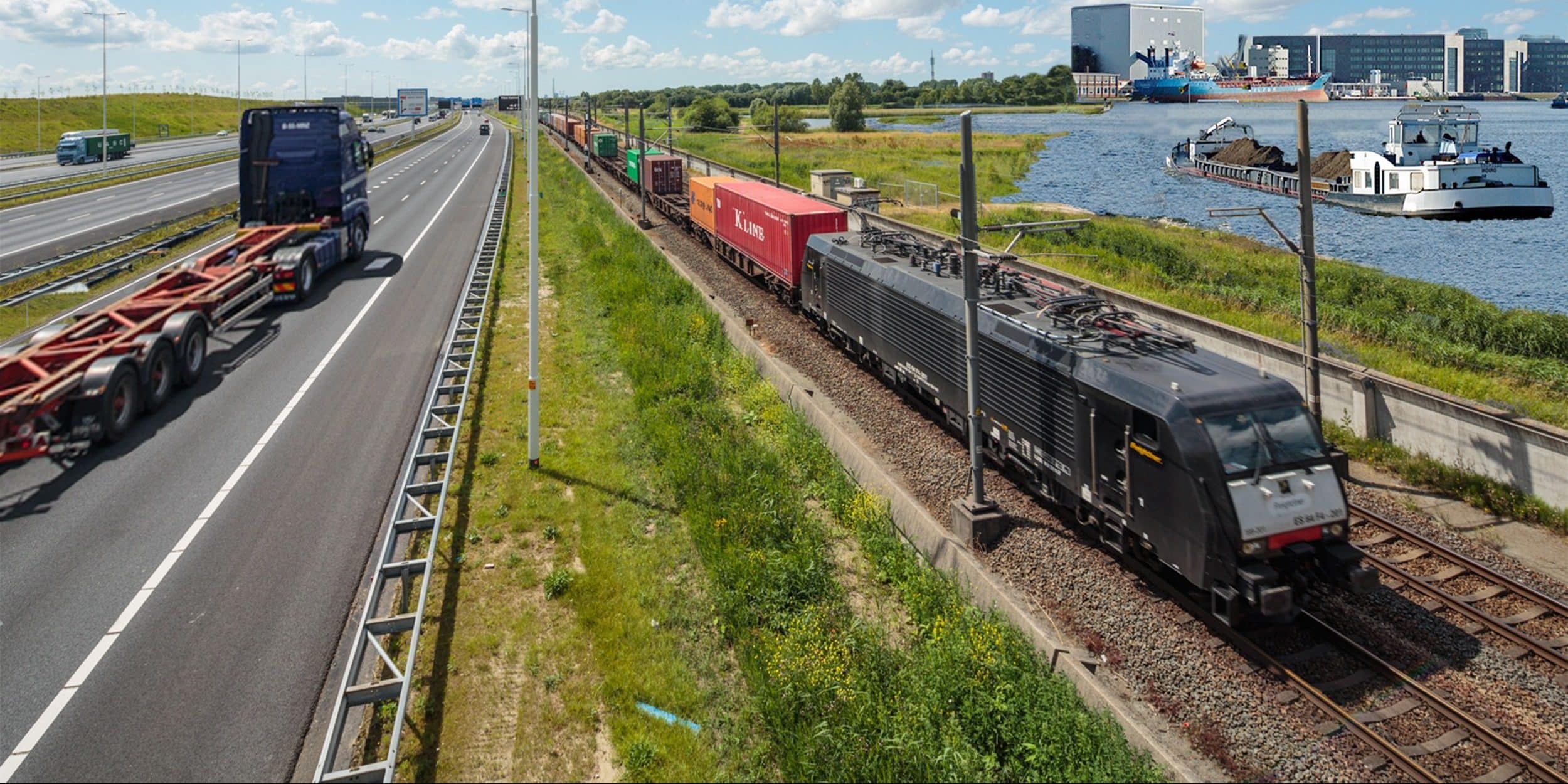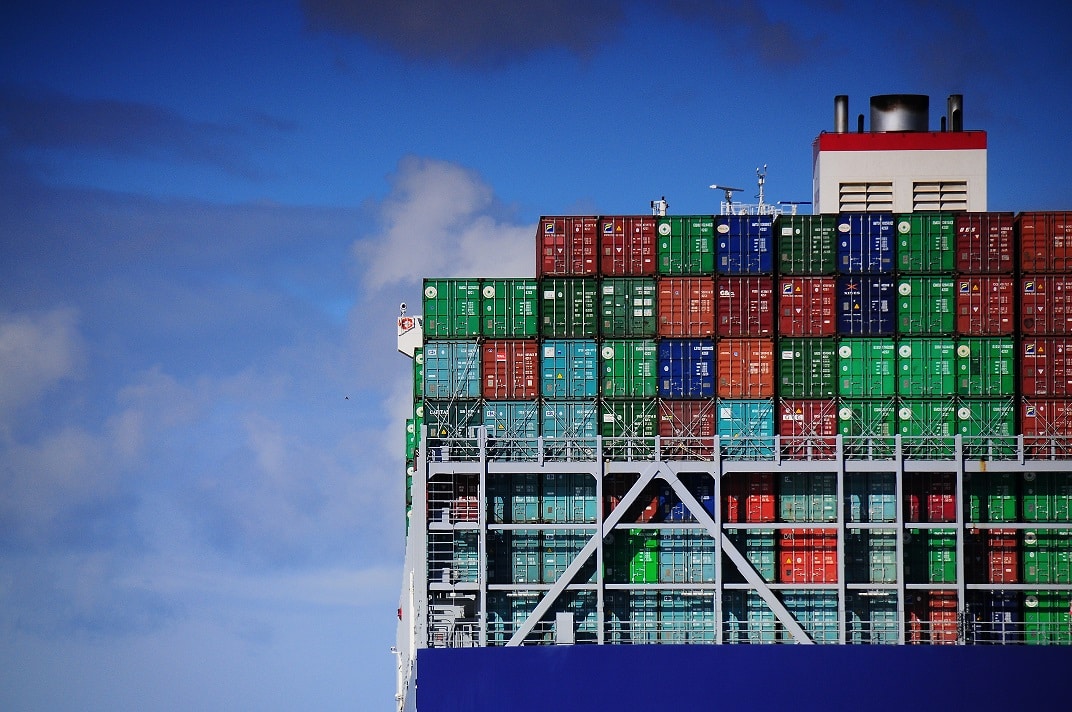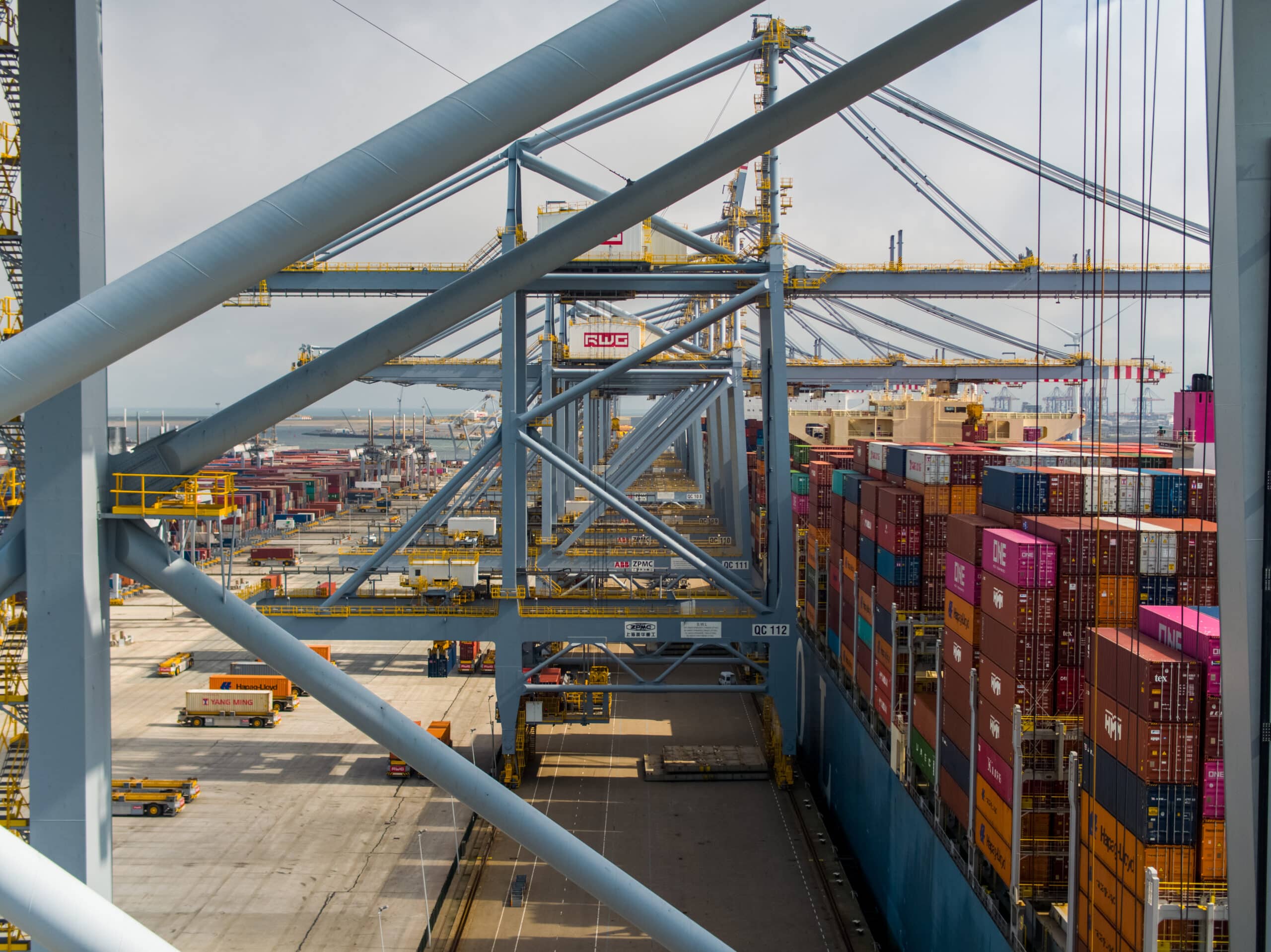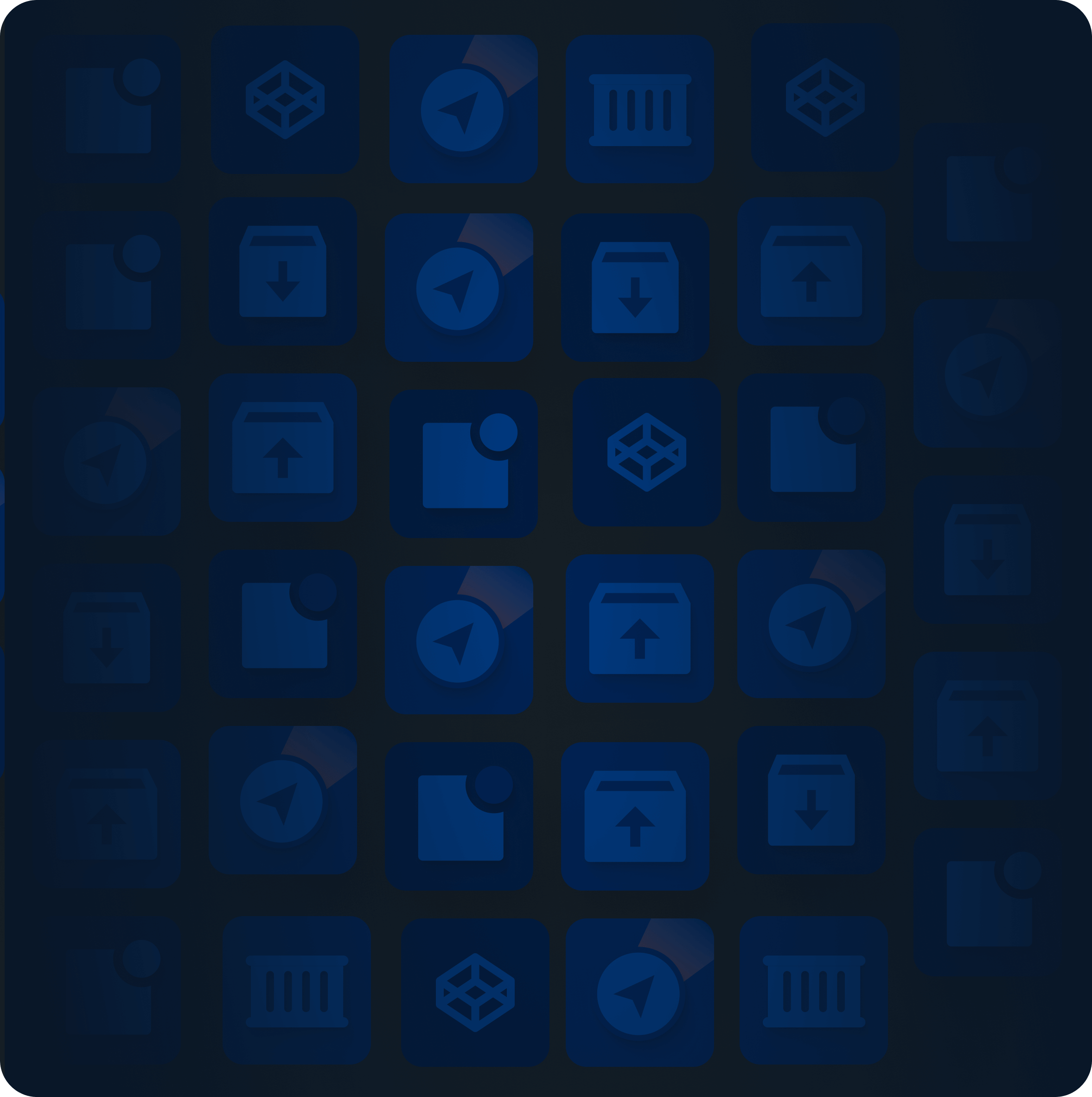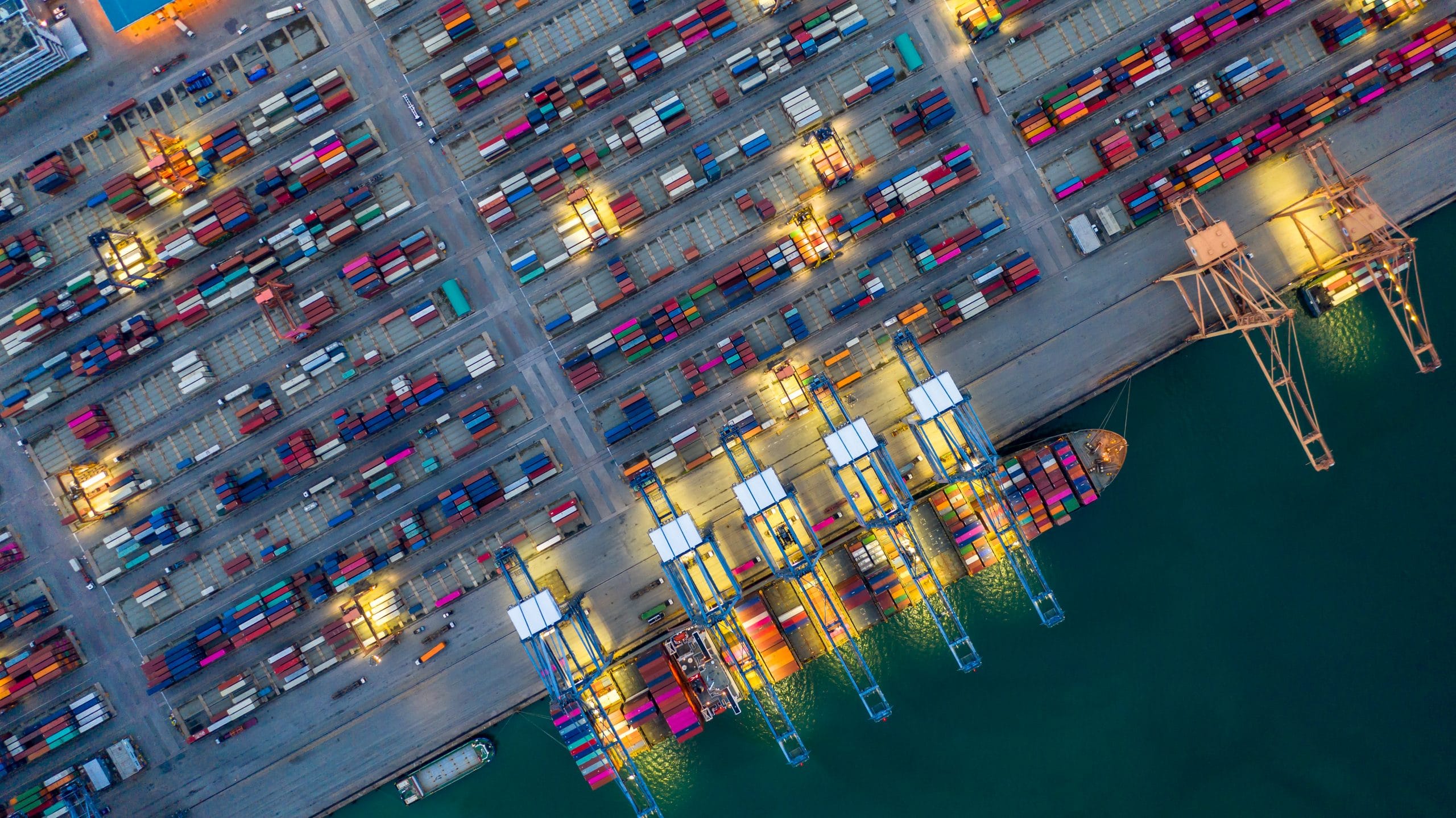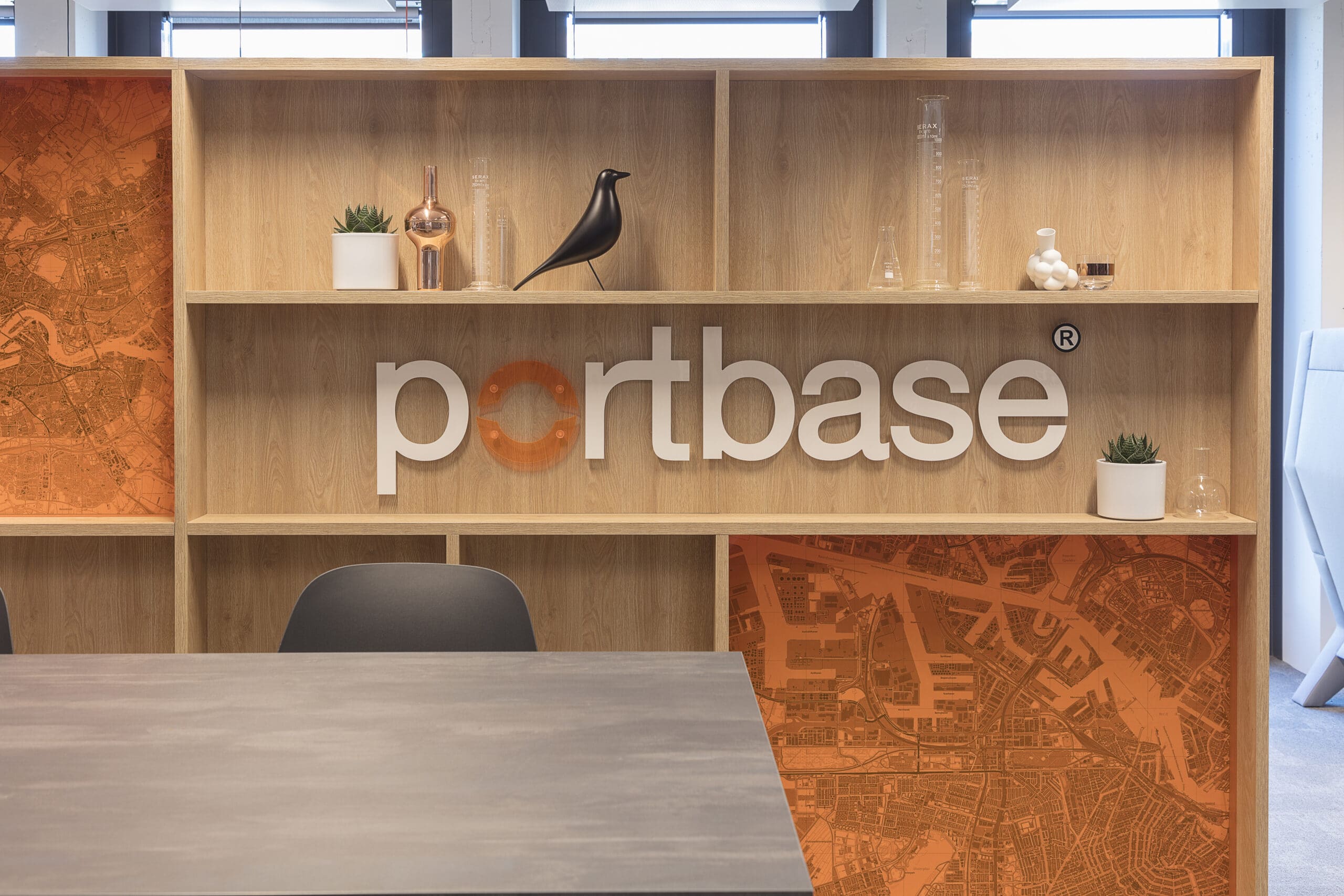Working with as many different parties as possible, Portbase wants to systematically improve the hinterland transport of containers over the coming years. Through the major Data Fuel programme, concrete improvements and innovations are being implemented step by step in the exchange of information for road, inland waterway and rail.
Data Fuel strengthens the hinterland chain. The programme offers solutions to the many challenges that inland operators face in their day-to-day operations. Globally disrupted shipping schedules, peak loads at terminals, etc. only add to the urgency for improvement. Scheduling the delivery and collection of containers has become hugely complex for inland operators. Project manager Remmert Braat of Portbase compares it to shooting at a moving target. At the same time, customers in the hinterland are becoming ever more demanding. Changing laws and regulations, ambitious climate targets, etc. constitute additional challenges for hinterland transport.
More than nineteen different screens
Based on its central, neutral role in information exchange in port logistics chains, Portbase currently offers hinterland inland operators a service for prenotifying containers and visiting terminals in the shape of Hinterland Container Notification (HCN). But that is not nearly enough, says Braat. “HCN only covers a very small part of the hinterland chain. As a result, inland operators do not get sufficient added value. In order to plan, they currently have to get bits of information from all over the place – from the shipping company, from the customer, from the delivery/collection address, from the terminal and so on. They are all islands, with the potential for a cascade of problems. Everyone does the best they can, but it is far being from a well-oiled chain. TLN has calculated that an inland operator consults more than nineteen different screens for each container. Sixty percent of their time is spent getting the administrative side of the booking in order. That not only costs time and therefore money, it is also prone to errors. And if just thing is not in order, the container cannot be collected or delivered.”
TLN has calculated that a inland operator consults more than nineteen different screens for each container
Smooth data exchange throughout the chain
For Portbase, collaborating with as many different parties as possible to ensure a smooth exchange of information throughout the hinterland chain is therefore a logical step. Within Data Fuel, an important contribution to this goal is the Container Dossier project. The ultimate aim is to make all the required chain information securely and centrally accessible to everyone who has permission at all times. That won’t happen overnight, Braat emphasises. “Transparency requires trust.” To that end, improvements and expansions will be implemented in the service HCN step by step over the next few years, based on the wishes of the market. A lot of information is already available within Portbase (about vessel visits, imports, exports, etc.). That data can be efficiently linked together with permission from the owners. “However, in an ideal world, you want to have the entire process covered from the booking at the front end to the proof of delivery at the back end.” An initial pilot project that involves a forwarder authorising an inland operator (= secure) and automatically preparing cargo data for them in HCN and adding more as it becomes available is already up and running. “Everyone is welcome to join the pilot. Those who participate will notice the difference immediately. There is no need to retype the same information, container statuses are automatically displayed to the inland operators’ customers.”
In an ideal world, you want to have the entire process covered from the booking at the front end to the proof of delivery at the back end
Other components of Data Fuel
Other major projects underway as part of Data Fuel include Nextlogic for inland shipping and the Rail Connected Programme. Nextlogic’s development of integrated planning is already well advanced for visiting container barges. “At Portbase, we are currently investing a lot of time in supporting concrete implementation within HCN.” The initiator of the Rail Connected Programme is the Port of Rotterdam. Portbase is acting as the main supplier. “That starts with laying a foundation for further digitisation in the rail sector via HCN. Other parties can then innovate further from there.”
Doing it together
Data Fuel is a multi-year programme in which Portbase is working towards the end goal with as many parties as possible. Braat: “Changes in the chain take time and don’t happen by themselves. The market is extremely fragmented. Plus, a lot of information is still exchanged by e-mail. Step by step, we need to demonstrate to companies how Data Fuel can save them money as a result of less retyping, fewer errors and better scheduling in a more secure environment.” To achieve that, Portbase wants to set up a broadly-based campaign for Data Fuel with the Port of Rotterdam and industry bodies, along the lines of the Brexit campaign. “We need to do this together”.
Step by step, we need to demonstrate to companies what Data Fuel will do for them in terms of savings
